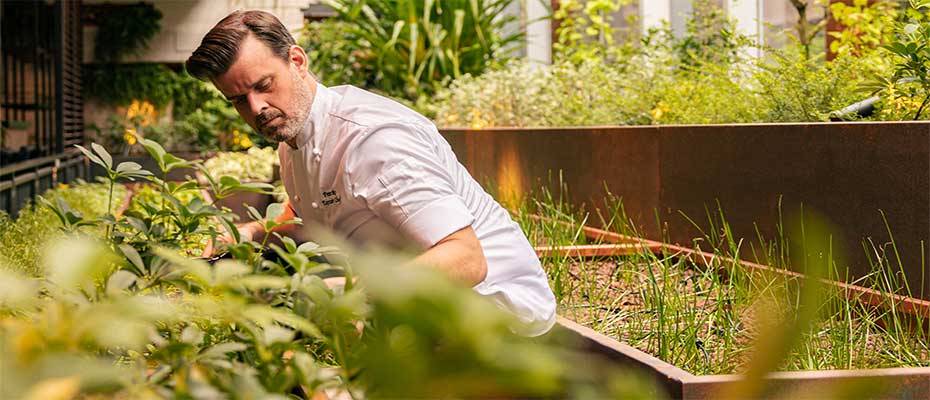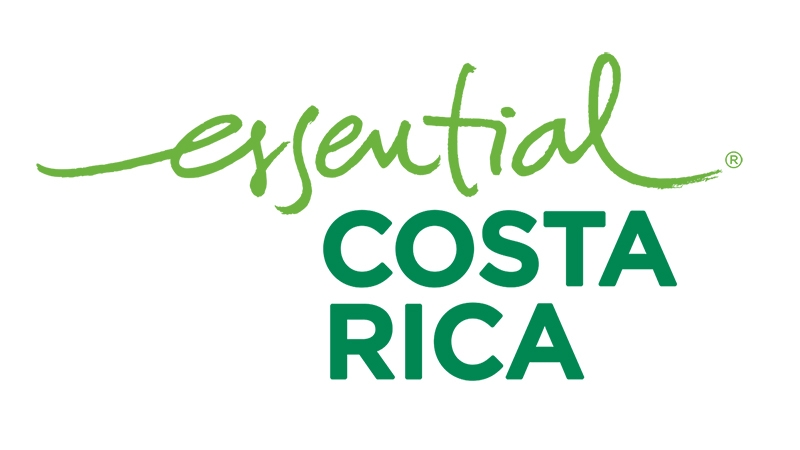Tourexpi
Hilton
is stepping up to the plate, aiming to slash its landfill waste by 50% by 2030,
closely aligning with the United
Nations’ Sustainable Development Goals of halving global food waste
per capita by 2030. This ambitious goal is part of Hilton’s Travel with Purpose 2030 Goals,
which also include emissions-reduction targets validated by the Science Based
Targets initiative (SBTi) and aligned with the Paris Climate Agreement.
Through
partnerships and innovative technology, Hilton is working to reduce food waste
across its properties, reinforcing its commitment to build a more sustainable
future for the hospitality industry. Supported by team members worldwide,
including 62,000 in Asia Pacific, Hilton’s strategy promotes responsible travel
and operations, tackling food waste while fostering positive social impact in
the communities it serves.
Discover
how some Hilton properties are becoming better stewards of food resources
across the region:
Hilton
Tokyo Bay: Tackling Food Waste with AI-Powered Kitchens
Hilton is working with Winnow, an AI-enabled food waste
solution, to bring AI technology into its properties within the Asia Pacific
region. Winnow’s system measures daily food waste, helping the kitchen team
better understand and manage the amount of excess food prepared. The system
also reveals savings opportunities within food trimmings, and inspires the team
to repurpose ingredients creatively, such as making bread pudding from leftover
croissants. This helps chefs see exactly where food waste is coming from, how
they can cut costs and therefore improve their practices and purchasing
decisions.
Hilton Tokyo Bay was the first hotel in Japan to
implement Winnow Vision, leveraging data analytics to reduce food waste since
January 2020. Within the first four weeks of usage, the team cut food waste by
30%, saving over 17,016 meals and ¥3.3 million (approximately US$31,000)
annually. As a result of Hilton Tokyo Bay’s success with Winnow, the technology
has been installed across 15 more hotels in Japan.
Calibrating
Ingredient Consumption to Minimize Food Waste - Hilton Tokyo Bay is setting the
standard with AI-powered kitchens
Globally,
170 Hilton hotels across 29 countries have implemented the Winnow food waste
measurement system, including Conrad
Bali, Hilton Clark Sun Valley, Millennium Hilton Bangkok, DoubleTree by Hilton Shah Alam i-City, and Hilton Kuala Lumpur – with plans to expand this to 20
more Hilton properties in Southeast Asia this year. Winnow has been working
with Hilton hotels since 2017 (Hilton Dubai Jumeirah). The combination of
advanced AI technology and Hilton’s engaged culinary teams has already saved
over 1 million meals from landfill, and has helped Hilton hotels save over US$2
million annually and reduce their carbon footprint by 2,050 tons of CO2e as of
the end of 2023.
Conrad
Centennial Singapore and Hilton Singapore Orchard: Transforming Blemishes into
Benefits
While
technology can often be a game-changer in creating new ways to address existing
problems, seemingly simple actions can also make a difference. Take Conrad Centennial Singapore and Hilton Singapore Orchard, for example.
Conrad
Centennial Singapore is addressing food waste by using “ugly vegetables” that
might otherwise be thrown away, and tackling broader sustainability issues by
incorporating plant-based eggs and meats on their menu.
And
the best part? Diners can also enjoy fresh veggies from local suppliers and
urban farms, supporting local businesses and reducing carbon emissions while at
it. Conrad Centennial Singapore sources produce from a local vertical farm in a
bid to reduce the hotel’s carbon footprint by procuring a significant portion
of the hotel’s vegetables locally, while Hilton Singapore Orchard maintains an
herb garden on property at Osteria Mozza. The Californian-Italian restaurant
adopts a garden-to-table concept to grow herbs such as rosemary, basil and mint
leaves which are used in dishes and cocktails as garnishes. Hilton Singapore
Orchard also has an Eco-Wiz ecoDigester on premises, allowing the decomposition
process of food waste to be sped up and eventually responsibly disposed into
the sewage system.
Conrad
Singapore Orchard: Commitment to A Circular Economy
Conrad
Singapore Orchard’s commitment to a circular economy shines through in their
waste management practices. By harnessing the power of food digesters, the
hotel has successfully diverted food waste from landfills and incinerators.
This innovative solution transforms organic waste into valuable resources,
effectively minimizing the hotel’s environmental footprint.
In
addition, the hotel actively combats food waste by donating surplus pastries to
Food from the Heart daily. These initiatives underscore Conrad Singapore
Orchard’s dedication to nourishing both our community and the planet.
Hilton
Shenzhen Shekou Nanhai: Giving Food Surplus a Second Life
Hilton Shenzhen Shekou Nanhai is taking a big step
forward in sustainable practices by scaling up circular food production and
keeping food waste in check, by using smart kitchen waste treatment equipment
to turn kitchen waste into carbon dioxide, water and organic fertilizers.
What’s
even smarter is how the property is using these byproducts — the organic
fertilizers are not only put to good use in the hotel’s organic ecological
garden, but also within neighboring communities. Since the installation of this
smart equipment in 2021, the hotel has recycled 290 tons of kitchen waste and
produced approximately 25 tons of organic fertilizer.
DoubleTree
by Hilton Sukhumvit Bangkok: Rescuing Meals, Restoring Hope with Scholars of
Sustenance
Teamwork
is crucial when it comes to reducing food waste. In Asia, Hilton partners with
food banks, charities, and waste management companies to ensure surplus food
goes to people who need it. An example is Scholars of Sustenance (SOS), one of
the recent grantees of the Hilton Global
Foundation (HGF) who work with Hilton properties in the Philippines,
Thailand, and Indonesia to donate cooked food to food banks and soup kitchens.
In
Thailand, Hilton’s partnership with SOS Thailand has been going strong since
April 2020. Using surplus ingredients, chefs from DoubleTree by Hilton Sukhumvit Bangkok made 210 meals,
which were then delivered to the Baan Mankong Kalayanamit community in Bang
Sue, a low-income neighborhood where many residents are struggling due to job
losses and food shortages.
Hilton
hotels in the Philippines and Indonesia donate surplus food to local food banks
and soup kitchens that go to underprivileged members of local communities. In
2023, over 31,000kg of food was donated, resulting in more than 131,000 meals
and almost 60,000kg of CO2 being diverted. To date, Hilton has also reduced its
global contribution to landfill waste by diverting more than 308,000 pounds of
waste.
Leveraging
Technology, Fostering Partnerships, and Adopting a Circular Approach for a
Better Future
Hilton’s
LightStay management platform is another perfect example. It’s used across all
Hilton properties to gather precise data on food waste, spot inefficiencies,
and take targeted actions to cut down waste.
As
awareness grows and regulations tighten, Asia’s hospitality industry is poised
to lead in sustainable practices, particularly in reducing food waste. By
embracing technology, fostering partnerships, and transparently reporting our
sustainability efforts, hotels can minimize their environmental impact while
enhancing their operations.
To
learn more about Hilton's Travel
with Purpose strategy and its 2030 Goals,
visit esg.hilton.com.
Image
Credit: © Hilton Hotels
The most interesting news
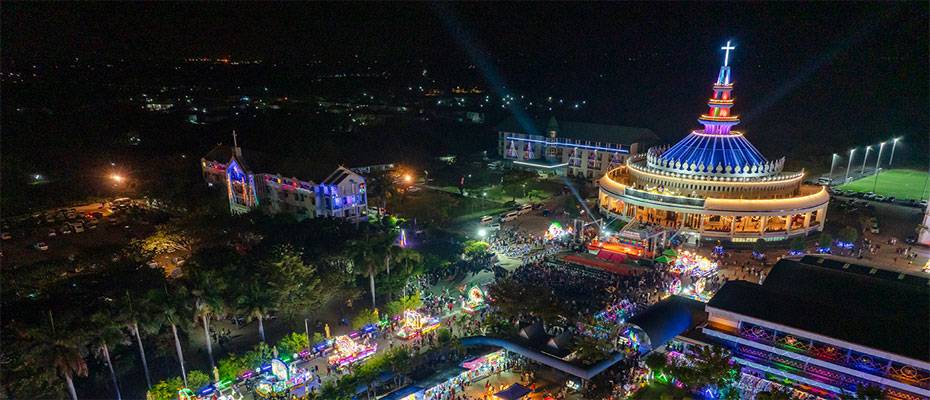 Read the News
Read the News

Sakon Nakhon Christmas Star Parade Steps onto the Global Stage
Running from 20 to 24 December 2025, the centuries-old Christmas Star Parade in Sakon Nakhon is presented as an international cultural highlight under TAT’s Signature Event Thailand initiative, blending heritage, creativity, and community-led exper
 Read the News
Read the News

Turkish Airlines posts strong growth with 85.3 million passengers
Between January and November 2025, the flag carrier increased passenger numbers by 8.4 per cent, supported by rising transfer traffic and solid load factors.
 Read the News
Read the News

Turkey Seeks to Turn Geographical Indication Products into Global Brands
With the world’s second-highest number of geographical indication registrations, Turkey is shifting its focus from certification to branding in order to boost exports, tourism and producer income
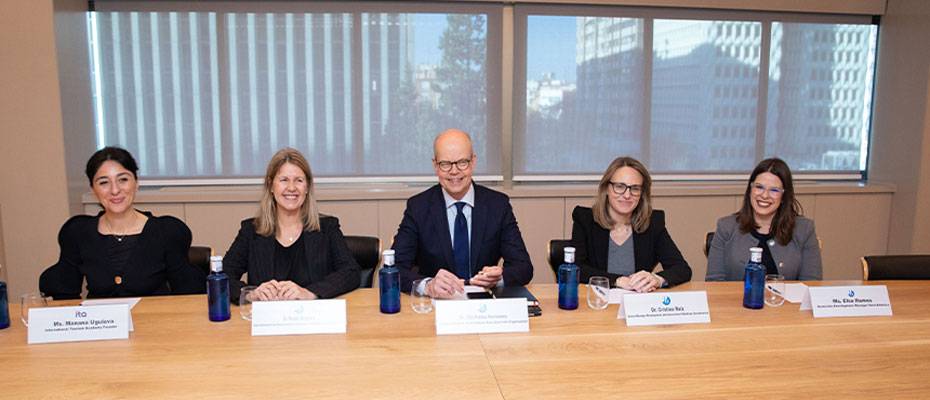 Read the News
Read the News

UN Tourism and International Baccalaureate Join Forces on Tourism Education
New partnership aims to expand high-quality tourism education at high school level worldwide
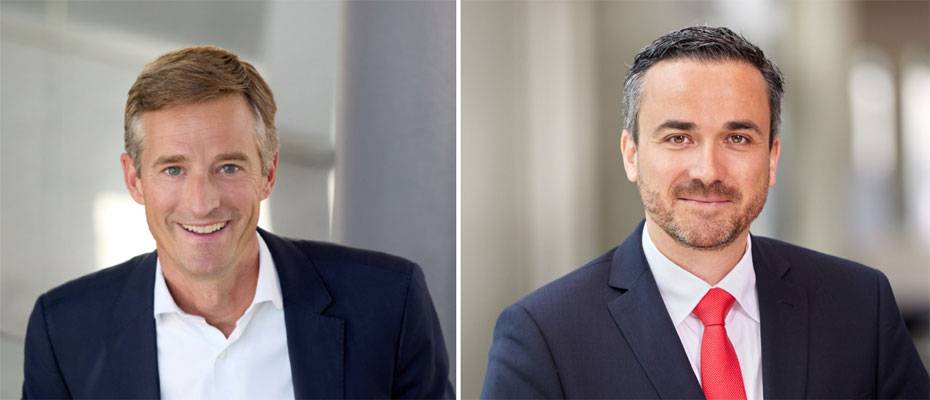 Read the News
Read the News

Leadership Changes at Eurowings and SunExpress Effective February 2026
Max Kownatzki to take over as CEO of Eurowings, Marcus Schnabel appointed CEO of SunExpress
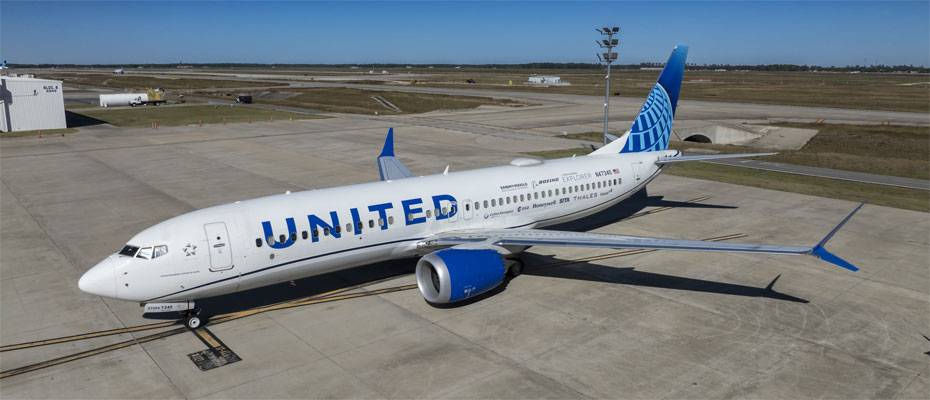 Read the News
Read the News

Boeing and United Airlines Advance Digital Communications With New Flight Tests
A United 737-8 operating as Boeing’s ecoDemonstrator Explorer tests next-generation Internet Protocol Suite communications designed to enhance safety, efficiency and airspace capacity
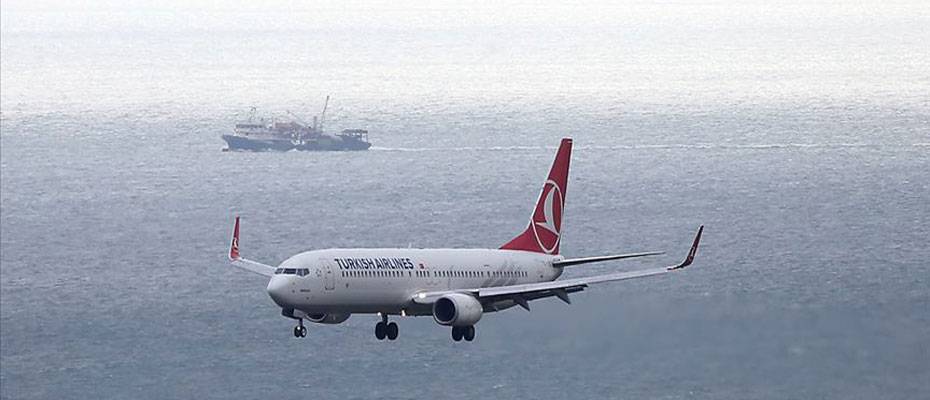 Read the News
Read the News

Turkey and Hungary Sign Landmark Aviation Deal to Nearly Triple Flight Rights
A new bilateral air services agreement sharply increases passenger and cargo capacity between Turkey and Hungary, paving the way for stronger tourism, trade, and cultural exchange
 Read the News
Read the News

Delta Advances Decarbonisation Efforts in 2025
New aircraft technology, operational efficiency and sustainable aviation fuel drive measurable progress toward net-zero targets
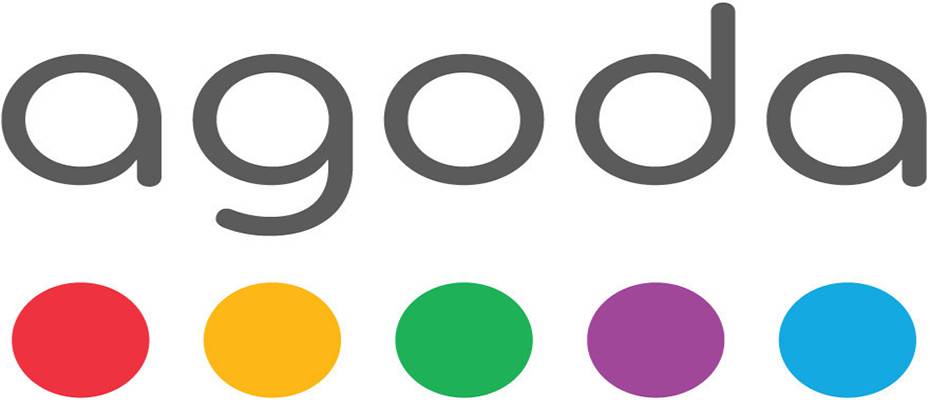 Read the News
Read the News

Agoda Unveils Asia’s Must-Visit Christmas Markets — A Festive Alternative to Europe
As the holiday season approaches, digital travel platform Agoda has released a curated guide to Asia’s most enchanting Christmas markets and festivals
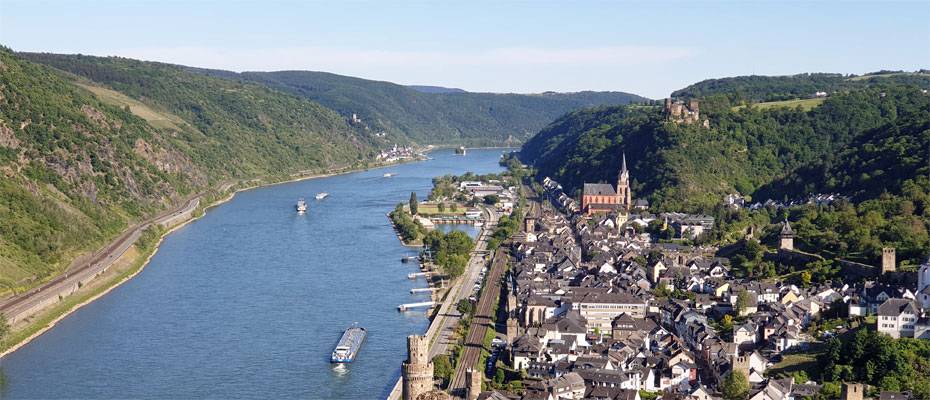 Read the News
Read the News

German Inbound Tourism Gains Momentum
Rising overnight stays, higher hotel occupancy and growing flight bookings point to a positive outlook for international travel to Germany
 Read the News
Read the News

Classical Music Sets Sail: Three EUROPA Cruises Dedicated to Chamber Music in Summer 2026
Ocean Sun Festival and two further themed voyages combine top-class classical performances with distinctive European itineraries
 Read the News
Read the News

Lufthansa Group Introduces New Brand Identity to Strengthen Unified Presence
A redesigned visual identity — including a modernized crane logo, new color palette, and typeface — marks a strategic milestone in the Lufthansa Group’s evolution into an integrated airline group
 Read the News
Read the News

Samoa Welcomes Radisson Hotel Group Partnership at Return to Paradise Resort
First collaboration between an international hotel group and a fully Samoan-owned resort strengthens Samoa’s global tourism profile
 Read the News
Read the News

Turkey Named Best Wellness Destination in the 2025 Matador Network Travel Awards
Turkey takes center stage at this year’s Matador Network Travel Awards, earning the title Best Wellness Destination and standing out among the world’s top travel experiences recognized by the leading global publisher
 Read the News
Read the News

Garner by IHG Debuts in South East Asia with Pattaya Opening
New Garner Hotel Pattaya Central brings relaxed, affordable stays to Thailand’s Eastern Seaboard
 Read the News
Read the News

Taiwan Expands Its Island-Wide Network of Bike-Friendly Accommodations
A New Global Landmark for Cycling Adventures
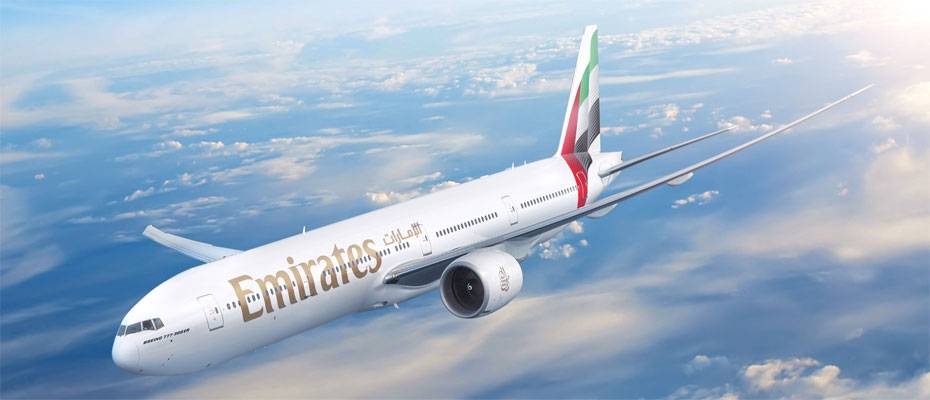 Read the News
Read the News

Emirates Deploys Retrofitted Boeing 777s with Premium Economy on Beirut and Beijing Routes
From early 2026, travellers flying between Dubai and Beirut or Beijing will experience Emirates’ latest Boeing 777 interiors, featuring Premium Economy and a newly configured Business Class cabin
 Read the News
Read the News

Wonderfruit 2025 celebrates Molam culture with Amazing Thailand
At its 10th anniversary edition, the festival becomes a global stage for Thai cultural heritage, wellness-led experiences and sustainable tourism
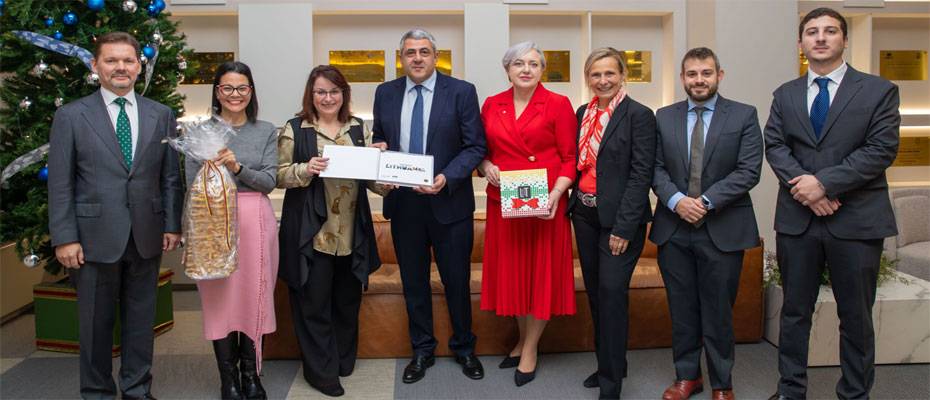 Read the News
Read the News

UN Tourism launches investment guide for Lithuania in Madrid
New publication highlights Lithuania’s tourism potential and nearly €700 million in investment opportunities during a high-level visit to UN Tourism headquarters
 Read the News
Read the News

TUI Musement outlines key travel trends for 2026
City breaks, sport-led travel and local experiences gain momentum as travellers seek more personalised and responsible holiday
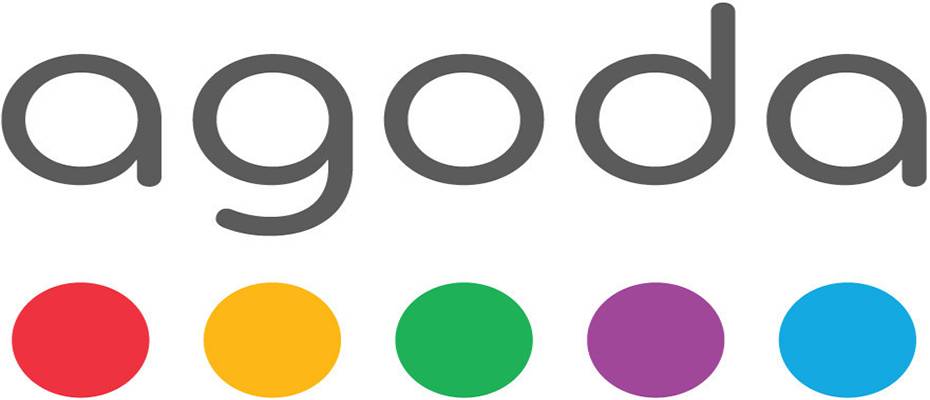 Read the News
Read the News

Cities of Stories: Agoda highlights Asia’s architectural and cultural icons
From ancient capitals to lantern-lit ports, a new Agoda selection focuses on cities where design, history and daily life intertwine


